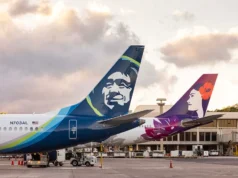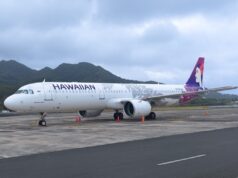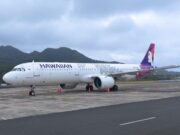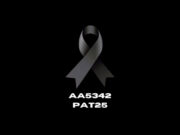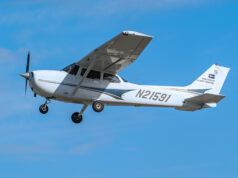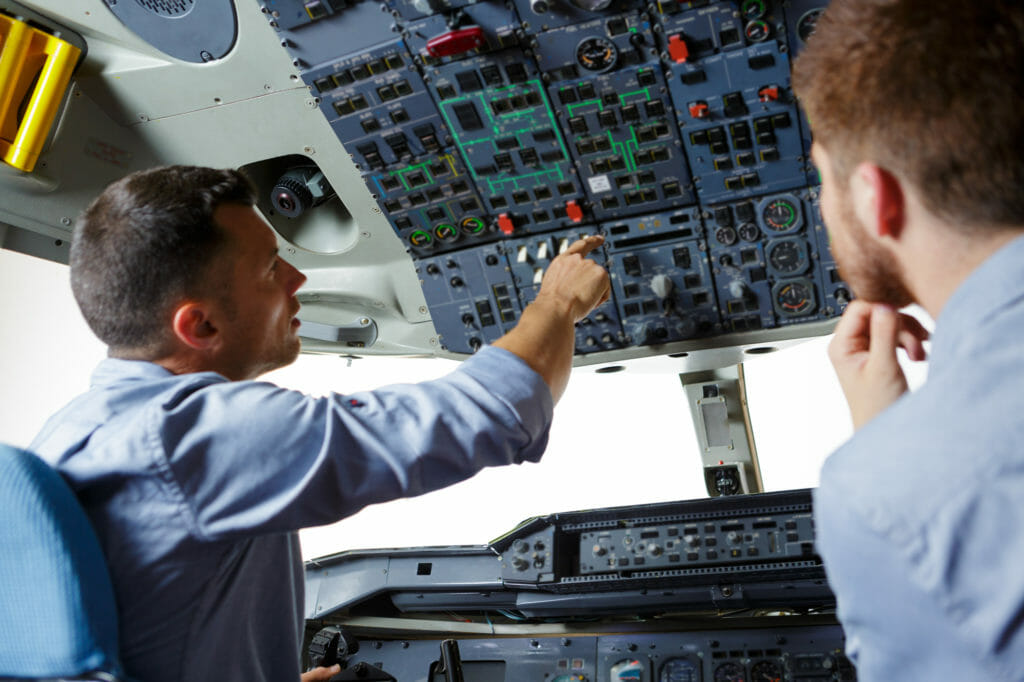
Pilots are always seeking to take the next step. We strive to be successful professionals by improving our skills and expanding our knowledge. Particularly during the early stages of flight training, students rely heavily on the expertise of their flight instructors for guidance. Instructors are viewed as role models by students upon whom they place their trust to receive the best possible training.
One of the most important skills of an aviator is decision-making. Aeronautical Decision-Making, or ADM, has been a topic of interest by aviation authorities and experts around the world. ADM is deemed to play a critical role in the successful outcome of a flight. Whether on the ground or in flight, we are exposed to various threats and risks, each to be identified and managed. Those threats, most of the time unexpected, require us to act decisively. Failure to make expeditious and safe decisions can ultimately lead us down a dangerous road, increasing the probability of an undesired outcome.
The FAA, for many years, established a list of “Special Emphasis Areas.” The list included a number of safety-related topics required to be evaluated during the Practical Test. Every single certification event, from Private Pilot to Airline Transport Pilot, had such a requirement. Today, with the implementation of the Airman Certification Standards (ACS), those areas have been holistically incorporated and remain a vital part of testing. ADM is one of those areas. But, why is ADM so relevant? The FAA recognizes the critical value of ensuring pilots, prior to being issued a new airmen certificate, are exposed to various scenarios requiring them to make competent decisions. As a soft skill, ADM is unique to each individual. Our brain processes information and approaches problems differently, creating a variety of solutions. As long as our solution does not compromise the safe handling and operation of the aircraft, the FAA is satisfied.
We recognize the value and importance of ADM, yet how does a pilot learn ADM? Is ADM a skill we naturally gain as we become more experienced? Or do we learn it by reading the handbooks and manuals? Certainly, as we gain maturity and experience by advancing through our training, we will have more confidence. In other words, we will become more autonomous. We won’t need as much prompting from our flight instructors. However, the value of allowing our students to make their own decisions and assessments as early as possible, is often poorly understood and underestimated.
Fostering and encouraging decision making is fundamental. Evidently, a student cannot be expected to make the most informed decisions during the early phases of training. Yet at the very least, we should be fostering one of the most important steps in ADM – actually making the decision to the best of our ability. As we gain more knowledge, we will be able to gather more information and resources, thereby perfecting our ADM skills. As with any sport, practice makes perfect.
For example, if the weather conditions appear to be detrimental for a given training flight, do not make the “no-go” decision for the student. Allow the student to review the weather on his own and analyze it, and conclude the conditions are beyond his personal limits. Ultimately, making the decision on a student’s behalf creates dependency, leading down a detrimental path. Examiners who conduct Practical Tests can instantly gauge the confidence of the applicant with respect to making decisions thereby setting the tone for the remainder of the event. Competent decision-making pilots are not expected to fly to perfection. There is no such thing as perfection. Rather, they are individuals who are capable of recognizing their mistakes and taking corrective action. They are pilots who are fully aware of their personal limits and aren’t afraid of grounding themselves when appropriate. Once you earn your well-deserved Private Pilot certificate, you are trusted by the FAA to make the “right” decision. Whether it is aircraft, fitness for flight, or related to an external pressure, you are ultimately in charge. This time, your instructor will not be with you.
My advice: If you are a student, regardless of whether your just took your first flight lesson or are working towards your CFI, value your own self-assessment. Do not be afraid of taking the lead and asking your instructor to involve you more in making decisions. Together you are a team working towards a common goal. Mutual collaboration is key so do not be afraid of speaking up. On the other hand, if you are an instructor, allow your student to take initiatives. The most effective method of teaching ADM is by scenario-based training. Early introduction of such training is heavily encouraged by the FAA, as evidenced in the Aviation Instructors Handbook. Exposing your students to solve real world scenarios builds their confidence and motivation that will certainly serve them well throughout their entire professional pilot careers.










































































